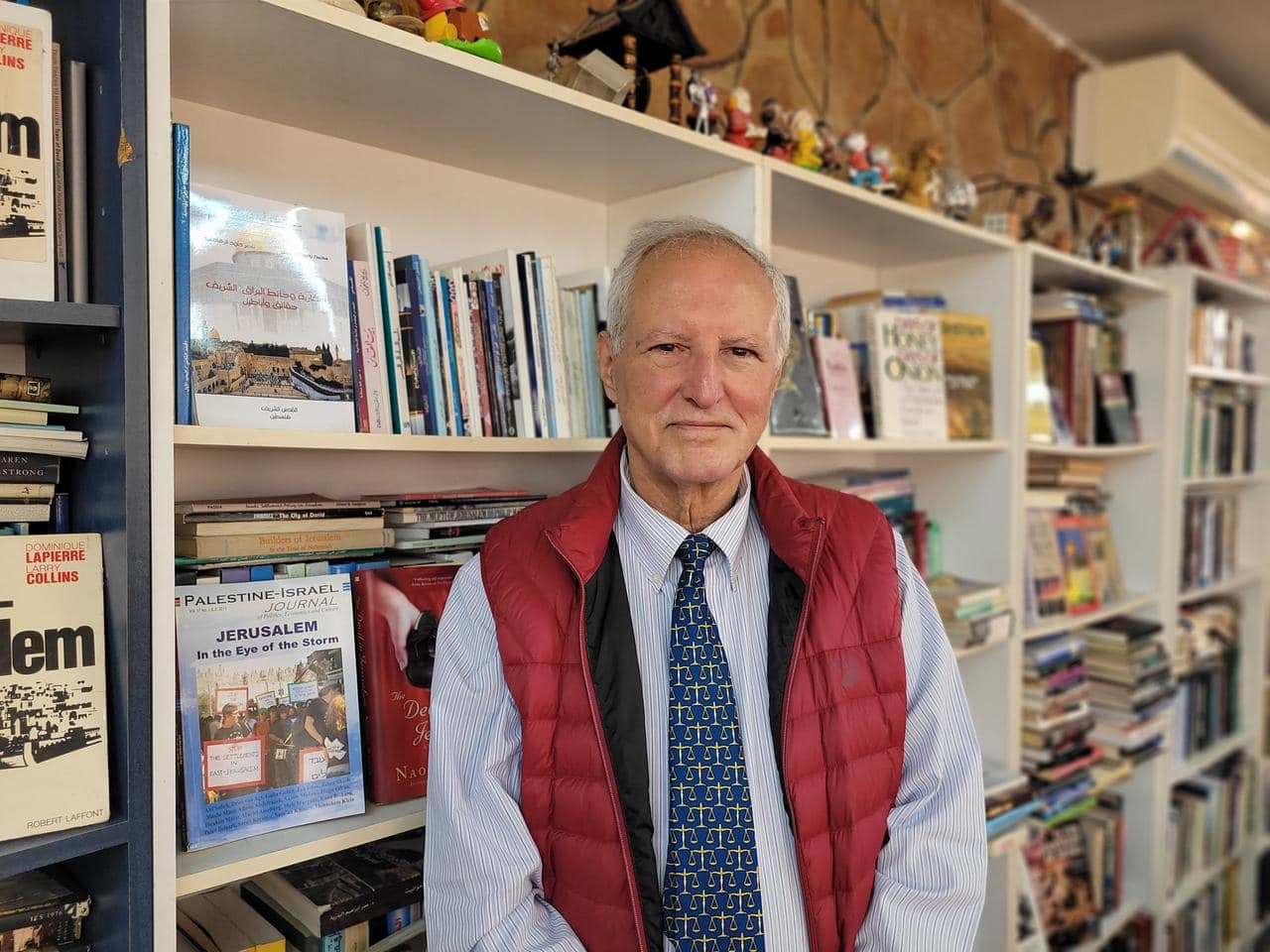
To the State of Israel and all its inhabitants,
Finding balance is a cherished value in all faiths. It was expressed eloquently by the Jewish thinker Moses Maimonides. His "golden mean" meant pursuing a middle path where one is "neither…easily angered" nor, like the dead, "does not feel”, neither stingy nor overly generous. All in moderation. All in balance without excesses: Speak softly; Eat moderately; Dress modestly; Control anger; Replace hatred with love. Walking in the footsteps of Maimonides will lead all to appreciate the concept of moderation.
Judaism teaches that three things are good in small quantities and bad in large: yeast, salt, and hesitation.” (Talmud: Berakoth, 34a)
Also, there are eight things of which a little is good and much is bad: travel, mating, wealth, work, wine, sleep, spiced drinks, and medicine.” (Talmud: Gittin, 70a).
"Do not be daunted by the enormity of the world's grief. Do justly, now. Love mercy, now. Walk humbly now. You are not obligated to complete the work, nor are you free to abandon it." (Mishnah Avot 2, 16).
Tolerance and forgiveness are two pillars of moderation. According to Joshua Liebman, “Tolerance is the positive and cordial effort to understand another’s beliefs, practices, and habits without necessarily sharing or accepting them.”
One seeks God’s forgiveness, so one should learn to forgive others. Forgiveness can be a powerful antidote to hate and bitterness. Learning to forgive those who hurt us can have profound benefits. It helps to manage anger, cut stress, and improve relations.
Judaism teaches one should do good deeds to tilt the world toward becoming a better planet. The Book of the Prophet Ezekiel says: “I will give you a new heart and put a new spirit in you; I will remove from you your heart of stone and give you a heart of flesh” (Ezekiel 36, 26). In adopting the golden path, Israel and the Jewish people would be a beacon unto the nations.
Jews celebrate Passover in memory of the Exodus from Egypt. According to the story, Pharaoh ordered the Children of Israel to produce bricks from straws but did not provide the straws. Like the Children of Israel, a peace activist must produce bricks without getting any straws. But the biblical story has a happy ending: the Children of Israel were delivered from bondage. I am optimistic that the peace story will have a happy ending and that moderation and reconciliation will prevail one day.
Sincerely,
Professor Mohammed S. Dajani Daoudi


Professor Mohammed S. Dajani Daoudi is a Jerusalem-born scholar and peace activist. He holds two doctorate degrees granted from the University of South Carolina, Columbia, SC (1981) and the University of Texas at Austin, Texas (1984). In 2007 he established Wasatia to promote reconciliation, moderation, tolerance, and peaceful coexistence. He is a professor of political science. He was Head of Libraries and founding director of the American Studies Graduate Program at Al-Quds University (2002-2014). In March 2014, he took 27 Palestinian students to visit Auschwitz and Krakow to teach them about the Holocaust. The trip cost him his job at al-Quds University and compromised his safety. He received death threats, and his car was torched. He is the author of numerous books and articles. Tufts University bestowed the Dr. Jean Mayer Global Citizenship Awards to him in recognition of his ongoing work to encourage dialogue and find alternatives to extremism.